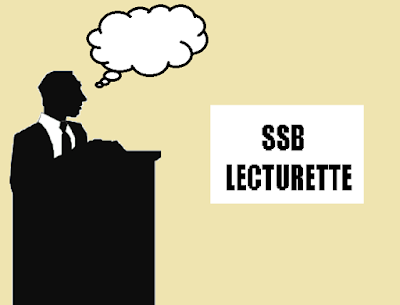Full form of RTI is Right To Information generally called RTI act, 2005
RTI is an act passed and enacted on 12 October 2005 to bring
transparency in the governance and reduce corruption acts. This act empowers
all citizens to seek information from any central/state government office.
RTI can be applied by writing to public information officer (PIO) of concerned department. RTI generally costs minimal fee of 10 rs to apply and page charges if information has claimed in physical copies. RTI can also be applied online on https://rtionline.gov.in
RTI can be applied by writing to public information officer (PIO) of concerned department. RTI generally costs minimal fee of 10 rs to apply and page charges if information has claimed in physical copies. RTI can also be applied online on https://rtionline.gov.in
Let’s discuss more about RTI by answering some of most
common questions
What is RTI?
RTI is an act by which you can claim any information from
any of central or state government office without stating any reason. This act
was mainly brought to reduce corruption and to bring transparency in the
system. This enables all citizens to use their right to know what their
government is up to? or what all are the schemes it is working on.
Generally the RTI is answered within 30 days of application
Who can apply?
Any common person
can apply to seek any information by using RTI act the only criteria is that he
should be citizen of the country. It
is so easy and people friendly that any illiterate person also can reach out to
public information officer (PIO) any office and get information he wanted as
PIO is obliged to help that person to write it for that person.
What information can
you seek from RTI?
Any information related to central or state government
office can be sought by this privilege. As this act is brought to enact to
transparency in the system information regarding to working of any public
office, information about any person related to any public office including
ministers and judges can be asked by making use of this right.
RTI act has helped to revealed so many
huge scams of the country which include the Indian telecom scam aka 2G scam, the
Adarsh housing society scam, and even commonwealth games scam. It has also
revealed many more astonishing facts too. The questions such as what does prime
minister Narendra Modi eats? What is the cost of building PM's website? What does he
eats? How much prime minister Modi's specific suit costs? etc are few examples
for that.
How can you file a
RTI?
There are mainly two ways to apply for RTI, those are either
by reaching out to office
directly (via post or in person) or online application. The following points might be
helpful if you are going to apply RTI,
- To apply the application directly to office of concern you have to address the application to public information officer (PIO) of that particular office.
- There is no particular format to follow for writing any RTI application but currently the word count has been restricted to 3000 words.
- One thing to keep in mind is that be specific about the information, which you are seeking and mainly there is no need to specify any reasons while asking.
- It is essential to mention your name and address in the application, mode of info required and info of electronic ways (like mail id mobile number).
For online RTI
application,
You can also apply RTI online for that you just have to go
to the online portal (link is provided below), fill up the little form out
there and submit. The payment process and other things are very smooth and user
friendly too.
For more information on RTI act you can visit the following sites
https://rti.gov.in/
https://onlinerti.com/about-rti
https://rti.gov.in/
https://onlinerti.com/about-rti












